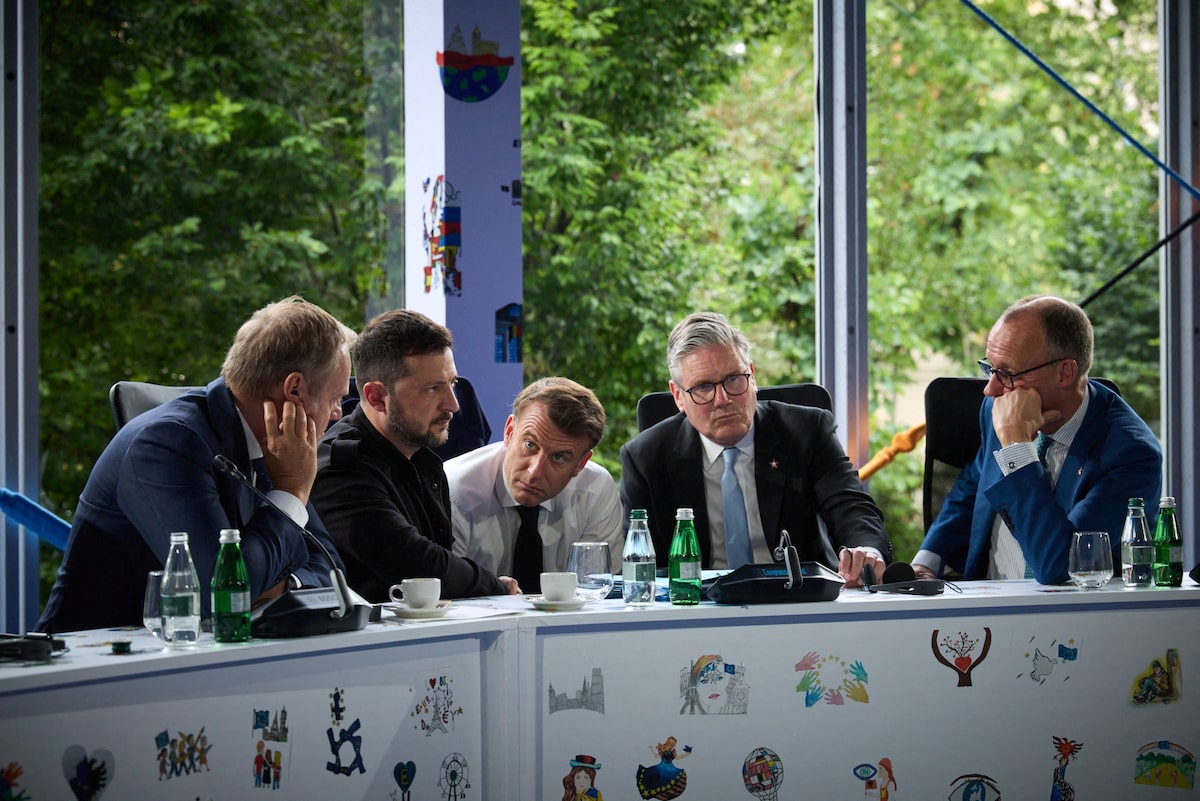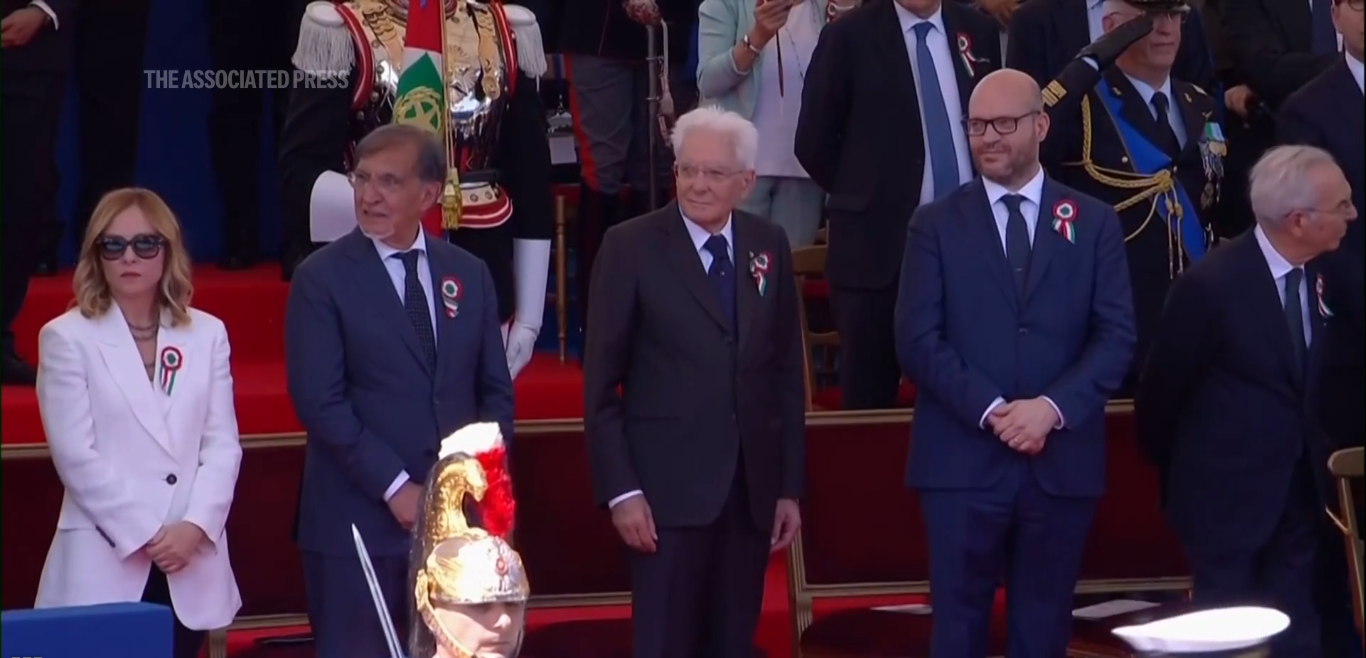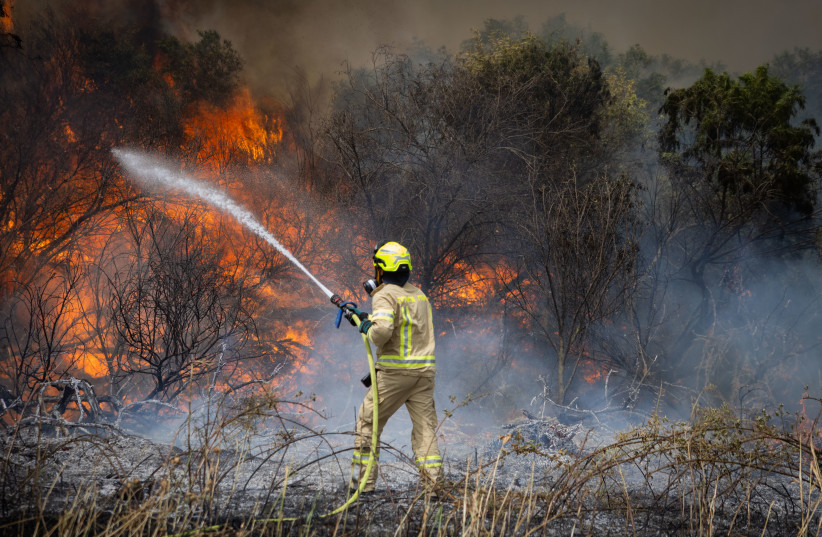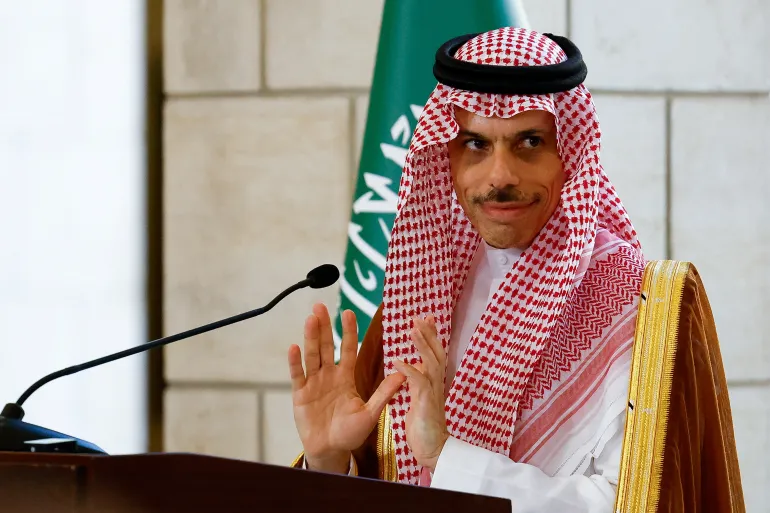Ukraine is preparing to urge the European Union to take the lead in tightening sanctions on Russia, as Kyiv grows increasingly concerned over signs of wavering commitment from the United States ahead of the 2024 U.S. presidential election. Ukrainian officials plan to make a formal request during upcoming meetings in Brussels, asking EU leaders to spearhead new measures targeting Russia’s economy and military-industrial complex.
According to Ukrainian and European diplomats who spoke with Reuters, Kyiv is alarmed by a perceived softening of U.S. rhetoric and the stalled approval of further aid packages in Washington. With political divisions growing in Congress and election-year dynamics complicating foreign policy, Ukrainian officials believe it is critical that the EU step forward to maintain momentum in punishing Russia for its invasion.
“Our message is simple: if the U.S. is distracted, Europe must not be,” said a senior Ukrainian official involved in the discussions. “Sanctions must not weaken—they must intensify, especially now that Russia is adapting.”
The request is expected to focus on several key areas: closing loopholes in existing sanctions, targeting Russian energy exports more aggressively, expanding the blacklist of Russian individuals and companies, and increasing enforcement pressure on countries and companies helping Russia evade sanctions.
The European Commission is already drafting a 14th package of sanctions, but some member states, including Hungary and Slovakia, are reportedly resisting measures that would directly affect oil and gas revenues—a key source of income for Moscow. Kyiv’s plea is aimed at hardening the resolve of larger EU powers like Germany and France to push through a robust sanctions package regardless of internal EU dissent.
The shift in tone comes amid broader geopolitical recalculations. While the Biden administration has reiterated support for Ukraine, including military aid and diplomatic backing, recent congressional resistance to further funding has raised doubts about long-term U.S. resolve. Former President Donald Trump, the presumptive Republican nominee, has openly questioned the scale of U.S. support to Ukraine, fueling fears of a pullback if he returns to office.
Ukraine’s strategy is to preemptively pivot toward its European allies, hoping to anchor international pressure on Russia even if the U.S. enters a more isolationist phase. “We have to build redundancy into our support system,” said a Western European diplomat. “If Washington hesitates, Brussels must be ready to act.”
The Ukrainian appeal also includes calls for broader coordination between the EU, the UK, Canada, and other allies, to form what some in Brussels are calling a “sanctions coalition” to compensate for potential American hesitancy.
In the meantime, Kyiv continues to emphasize that sanctions are one of the few tools left to pressure the Kremlin short of direct military intervention. Ukrainian President Volodymyr Zelenskyy has repeatedly warned that any weakening of sanctions will embolden Moscow and prolong the war.
“Sanctions are not just symbolic,” Zelenskyy said in a recent address. “They limit Russia’s ability to wage war, and every delay costs lives.”
As the war in Ukraine grinds on into its third year, sanctions policy remains a key battleground—not only between Ukraine and Russia, but also among Western allies whose political climates are rapidly evolving. Kyiv’s appeal to the EU may be a sign of things to come: a Europe forced to lead where America might soon falter.
Source: Reuters



